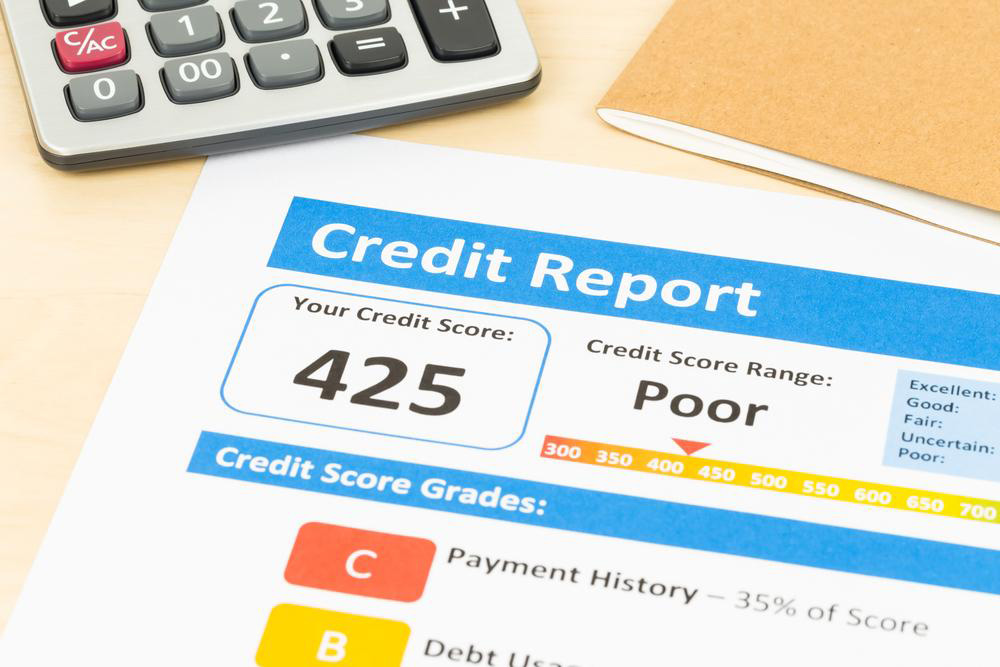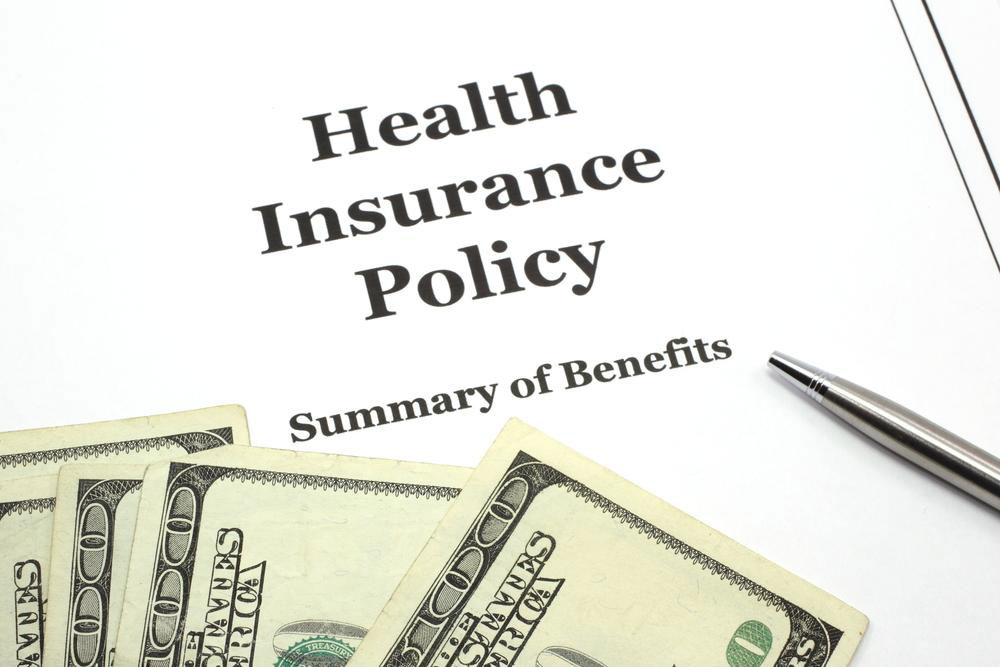Understanding How Poor Credit Impacts Your Lending Options
Learn how bad credit affects your borrowing prospects and discover strategies to improve approval chances. This guide outlines lender expectations, loan options, and essential tips for navigating credit challenges, helping you secure the best terms despite a poor credit history.

Securing a loan with a bad credit history can be challenging. To improve your chances, it's essential to work with lenders who are transparent about fees, offer flexible repayment plans, and see beyond your credit score. Beware of scammy lenders that could lead you into unmanageable debt. A poor credit score often results from high debt levels and poor financial behavior. While many take out loans for various reasons, timely repayment can potentially help boost your credit score.
Traditional banking institutions may turn down your loan application if you have missed payments in the past. Implications of bad credit for lenders:
Perceived higher risk of non-repayment
Lower loan amounts offered
Requirement for additional collateral
Higher interest rates compared to borrowers with good credit
Some lenders may exclude applicants with very poor scores
Qualifying for a personal loan despite bad credit typically involves basic eligibility: being a legal adult (18+), providing personal and contact information, and having a bank account. Short-term unsecured online loans are another option; they often feature quick approval, broader lending networks, and can be used for any purpose. APR and fees vary based on factors like location, income, age, account status, and loan details. Always review loan terms carefully before committing, ensuring the best fit for your financial situation.
Remember to compare multiple offers and understand all terms, such as interest rates, fees, and penalties, before proceeding with any agreement.
Disclaimer: Our blog offers valuable insights across various topics. While we strive to provide accurate information, it should not be considered definitive. Users are encouraged to verify details independently, as data and offers may differ across platforms. We do not assume responsibility for inaccuracies or missed opportunities outside our coverage.










